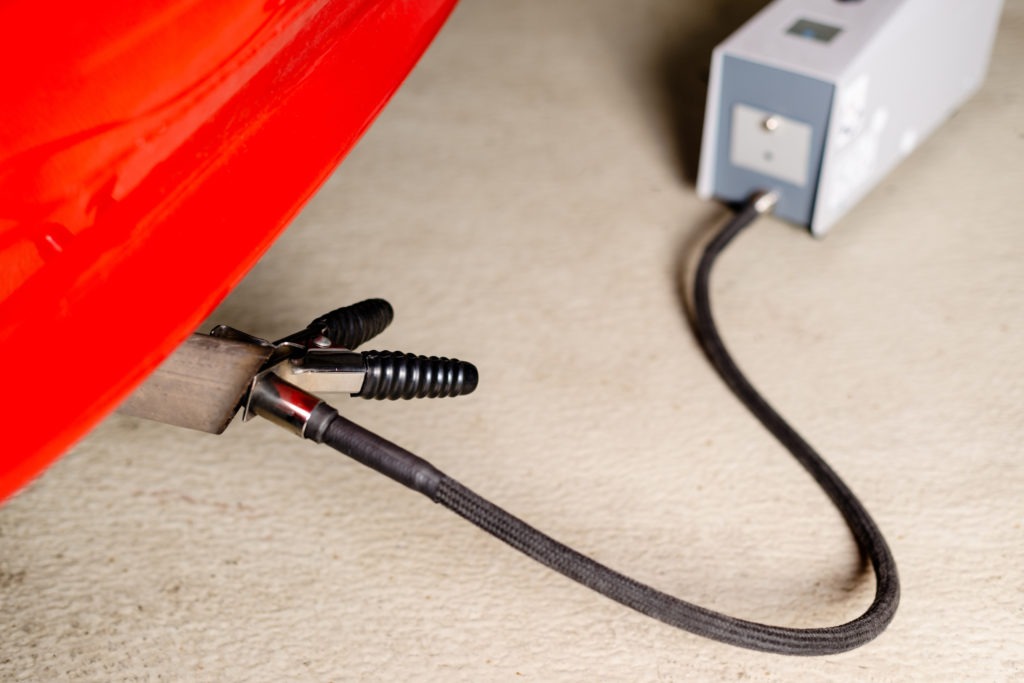Bosch under further scrutiny for role in Dieselgate saga
12 June 2017

12 June 2017
Over the past few months, the Dieselgate scandal has grown to include Fiat Chrysler Automobiles (FCA, General Motors (GM) and Daimler, as well as original perpetrator Volkswagen (VW). However, at the centre of all this lies one of the largest automotive suppliers in Germany.
The position of Bosch as the singular constant in each company’s situation cannot be ignored, however the company, which supplies original equipment (OE) parts and software to manufacturers around the world, has constantly denied any wrongdoing, or involvement, in the emissions scandal. However, a new study has claimed evidence that the code, which allowed vehicles to realise they were on test and alter their exhaust gas pattern accordingly, was developed by Bosch.
The study, by the University of California, claims to have found technical documents that implicate the German company in both the VW and FCA scandals. It highlights that all vehicles built by VW and FCA that were found to be cheating tests featured the same ECU, the Bosch EDC17. The authors of the study, ″How They Did It: An Analysis of Emission Defeat Devices in Modern Automobiles,″ reached their conclusions by analysing technical documents bearing Bosch copyright notices, which were posted on a VW portal maintained for repair shops.
The authors acknowledged that the documents were not provided or verified by Bosch and that manufacturers ultimately decide how to use the pollution-control software in their vehicles.
The paper states: ′As software control becomes a pervasive feature of complex systems, regulators in the automotive domain (as well as many others) will be faced with certifying software systems whose manufacturers have an immense financial incentive to cheat. In this paper, we described two families of defeat devices used in the Bosch EDC17 ECU to circumvent US emission tests.
′The first family of defeat devices was used by Volkswagen and lies at the heart of the Volkswagen diesel emissions scandal. The second device appears in the diesel Fiat 500X automobile sold in Europe, and has not been documented previously. We also presented and evaluated an automated approach to detect defeat devices in a given firmware image based on the insights we obtained from manually analysing the Volkswagen defeat device.’
In a statement, Bosch declined to comment on the study, due to ′the sensitive legal nature of these matters.’ It also added that it would ′not comment further concerning matters under investigation and in litigation.’ The company has previously rejected claims from vehicle owners that its employees conspired with VW to conceal defeat-device software.
While the claims may be unfounded based on the location and uncredited evidence, the fact that the company is involved in supplying electronic systems to four manufacturers that have either been found guilty of, or are under investigation for, cheating emissions tests does call into question why it would develop such a software in the first place. While it is up to vehicle manufacturers to ultimately decide whether to use it, and how, having such a device in place must offer up some temptation.
The study’s findings add to scrutiny already surrounding the extent of Bosch’s involvement in the suspect diesel systems. The company has been named as a co-defendant in class-action lawsuits filed by owners of diesel vehicles made by VW, FCA, Daimler and, most recently, General Motors. Bosch has agreed a settlement in the US due to its part in the VW scandal. It settles the claims of consumers and dealers of used vehicles against the company, its affiliates, employees, and directors. The agreement covers Volkswagen and Audi diesel vehicles with 2.0-litre engines and Volkswagen, Audi, and Porsche diesel vehicles with 3.0-litre engines. For this purpose, Bosch agreed to pay a total amount of $327.5 million (€300 million), without acknowledgement of any fact as alleged by the plaintiffs or acceptance of any liability.
While Bosch continues to answer claims of involvement, German magazine Der Spiegel has claimed that the Porsche Cayenne emits higher levels of nitrogen oxides (NOx) than is legally allowed. According to the report, a V6 TDi SUV model was real-world tested by TUV Nord in Germany, with the group saying that the vehicle would not have passed tests set out by authorities.
The manufacturer has responded, stating that the emissions depend on several conditions such as engine load, speed and temperature. The tests are ′not comprehensible,’ according to a spokesperson.